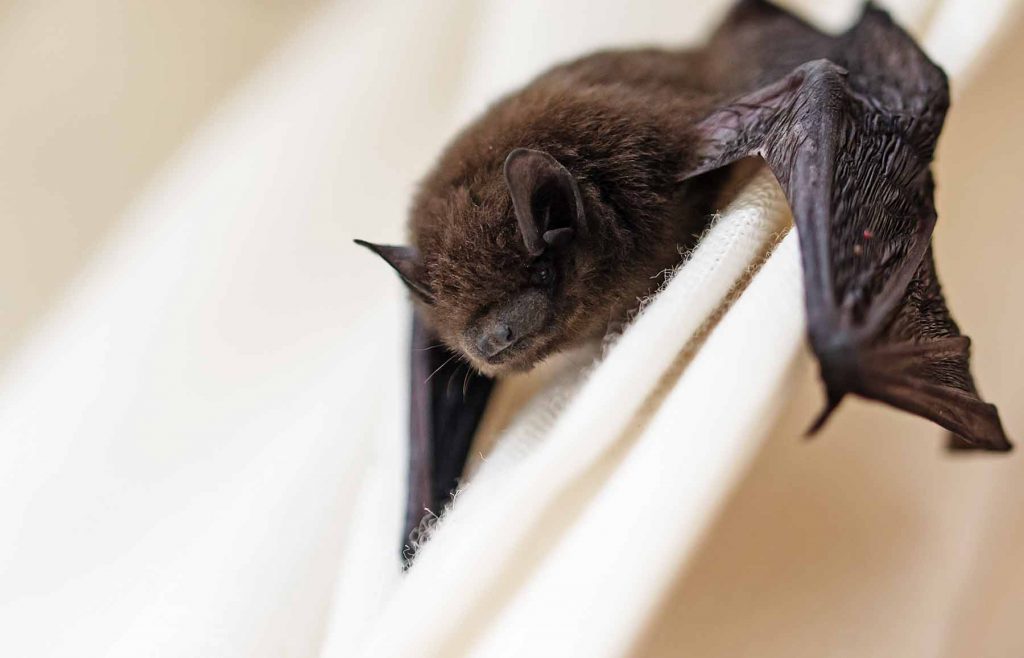Attic squirrel infestations can have significant long-term repercussions on a property. Beyond the nuisance factor, these furry invaders can cause structural damage, degrade insulation, create electrical hazards, pose health risks, and even increase the likelihood of a fire. The impact of their presence extends far beyond mere annoyance, with consequences that might surprise even the most vigilant homeowners.
Key Takeaways
- Attic squirrel infestations compromise roof integrity, leading to water entry, leaks, and potential collapse.
- Insulation degradation reduces energy efficiency, promotes mold growth, and compromises heat retention.
- Squirrels chewing on electrical wires pose fire hazards, necessitating regular inspections for prevention.
- Health risks from squirrel feces and diseases emphasize the importance of promptly addressing infestations for safety.
Structural Damage
Attic squirrel infestations can lead to significant structural damage within a property, compromising its integrity over time. One of the key areas affected by these infestations is the roof integrity. Squirrels, with their constant gnawing and burrowing habits, can damage roof shingles, vents, and even the underlying structure. This can create entry points for water during rainy seasons, leading to leaks and potential water damage within the property. Additionally, the continuous activity of squirrels can result in wood deterioration. Squirrels often chew on wooden beams, insulation, and even electrical wiring in search of nesting materials or food. This can weaken the structural framework of the attic, posing a safety hazard and potentially increasing the risk of collapse. Regular inspections and prompt removal of squirrel infestations are crucial in preventing such structural damages and maintaining the overall integrity of the property.
Insulation Degradation
The presence of squirrels in residential attics can lead to a gradual degradation of the insulation, impacting the property's energy efficiency and potentially increasing heating and cooling costs over time.
- Compromised R-Value: Squirrels may compress or remove insulation, reducing its effectiveness in regulating the indoor temperature.
- Moisture Absorption: Squirrel activity can introduce moisture into the insulation, reducing its ability to resist heat flow and promoting mold growth.
- Air Gaps: Squirrels can create pathways within the insulation, leading to air gaps that compromise the insulation's ability to retain heat.
- Uneven Distribution: Squirrels may cause the insulation to settle unevenly, creating areas with inadequate coverage and reducing overall energy efficiency.
The degradation of insulation due to squirrel infestations not only affects energy efficiency but can also impact the property value. Addressing insulation damage promptly is crucial to maintain a comfortable indoor environment, lower energy costs, and preserve the overall value of the property.
Electrical Hazards
Due to their gnawing behavior and tendency to seek shelter in confined spaces, squirrels in attics pose a significant risk of causing electrical hazards within residential properties. Squirrels often chew on electrical wires, which can lead to exposed wiring, short circuits, and even electrical fires. To prevent these dangers, it is crucial for homeowners to take proactive measures.
Fire prevention is a key concern when dealing with electrical hazards caused by squirrels in attics. Regular inspections of the wiring by a professional can help identify any damage early on. Additionally, installing wire conduits or protective casings around electrical wires can deter squirrels from accessing them.
Maintenance tips for addressing electrical hazards include trimming tree branches that provide squirrels easy access to the roof and sealing any entry points into the attic to prevent further infestations. It is also recommended to secure any loose wires and cables to minimize the risk of squirrel interference. By staying vigilant and implementing these precautions, homeowners can reduce the likelihood of electrical hazards resulting from attic squirrel infestations.
Health Risks
As squirrels infest attics, homeowners face potential health risks associated with exposure to their feces and urine. This can lead to serious health concerns due to the unsanitary conditions created by the infestation. Some of the health risks include:
- Respiratory Issues: Squirrel feces can contain harmful pathogens that become airborne as they dry out, increasing the risk of respiratory problems when inhaled.
- Allergic Reactions: Exposure to squirrel urine and feces can trigger allergic reactions in some individuals, leading to symptoms like sneezing, coughing, and skin rashes.
- Spread of Diseases: Squirrels can carry various diseases that can be transmitted to humans through contact with their waste, posing a significant health risk.
- Sanitation Concerns: The accumulation of feces and urine in attics can create a breeding ground for bacteria and parasites, further exacerbating sanitation issues within the property.
It is essential for homeowners to address attic squirrel infestations promptly to mitigate these health risks and ensure a safe living environment.
Fire Risk
Attic squirrel infestations pose a significant fire risk to homeowners. Squirrels are known to gnaw on electrical wires in attics, which can lead to short circuits and electrical fires. Additionally, squirrels may build nests using flammable materials such as insulation, leaves, and twigs, further increasing the risk of a fire breaking out in the attic.
To emphasize the importance of addressing this fire risk promptly, consider the following table:
| Fire Risk Factors | Potential Consequences |
|---|---|
| Gnawing on electrical wires | Short circuits and fires |
| Nesting with flammable materials | Increased risk of ignition |
| Smoke detector malfunction | Delayed detection of fires |
| Lack of Insurance coverage | Financial burden on homeowners |
Smoke detector malfunction due to squirrel interference can lead to delayed detection of fires, giving them more time to spread and cause extensive damage. Homeowners should also review their insurance coverage to ensure they are protected in case of fire damage caused by attic squirrel infestations. Promptly addressing squirrel infestations and taking preventive measures can help mitigate the fire risk associated with these unwelcome critters.
